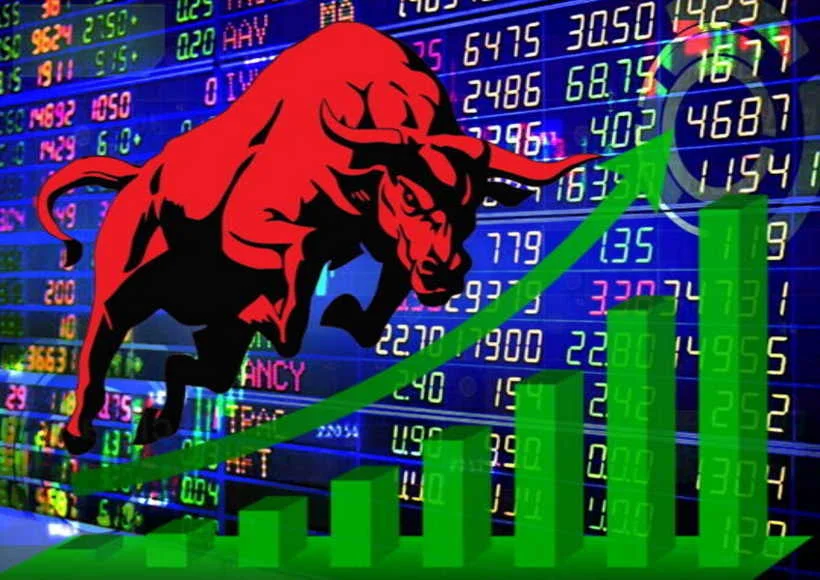Mumbai, November 16 (UITV)- Regarding the current situation of the domestic stock market, trade experts say that recently Nifty and Sensex have declined by about 10% from their peak. Last week, especially on Tuesday and Wednesday, the market witnessed sharp weakness. Nifty continued to decline on Thursday as well and it closed at the end of the day with a decline of 26 points. Although the market tried to bounce back marginally in the early part of the session, the market sentiment remained negative due to weak financial results and continuous withdrawal of foreign funds.
Many factors are affecting the domestic market. India’s Consumer Price Index (CPI) based inflation reached a 14-month high of 6.2% in September. Apart from this, the strength in the US dollar index and the rise in the US 10-year Treasury yield have also fueled volatility. According to Vinod Nair, Head of Research, Geojit Financial Services, “Investors in risky assets are rushing to reduce their positions, as the premium valuation will not be able to sustain without reasonable earnings growth.
Nagaraj Shetti of HDFC Securities said that the market needs more concrete evidence for bullish signals. He also warned that if the Nifty falls below the level of 23,500, it could fall to 23,200-23,000 next week. However, if the Nifty remains stable above the level of 23,700-23,800, then there is a possibility of a big bounce in the market.
The Sensex is currently at 77,580.31, while the Nifty is trading at the level of 23,532.70. This is the time for investors to be cautious, as the market may go through a phase of consolidation in the near future. Experts believe that despite the fall in weak value stocks, these stocks will remain vulnerable to a possible recovery.
After the shocks of the first half, investors are expecting improvement in the second half of FY25. This can be aided by factors such as a boom in government spending, good monsoon and improvement in rural demand. Despite these positive signs, uncertainty remains in the market.
Experts say that the market is also eyeing the developments in the Donald Trump administration in the US and its impact on emerging markets (EM). US policy proposals are likely to increase inflation pressure, which may affect the direction of the Federal Reserve’s interest rate cut.
Amid the current market volatility, experts have advised investors to remain cautious. Volatility may continue in the market in the short term, but from a long-term perspective, it may be beneficial to focus on beaten-down value stocks and sectors with solid fundamentals.
The market is currently going through a challenging phase under the influence of domestic and global factors, but opportunities also exist for investors due to long-term prospects.




